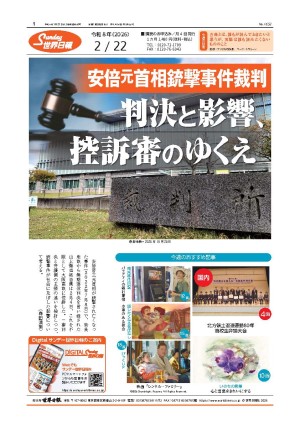Russia’s neighbors shiver amid Putin’s Cold War moves in Ukraine ロシアの冷戦戦略が周辺諸国に衝撃
Russia’s neighbors shiver amid Putin’s Cold War moves in Ukraine
Moscow’s declaration that it intervened in Ukraine to protect Russian “citizens and compatriots” and would do so again has sent shock waves across former Soviet republics that have large, and often restive, ethnic Russian minorities.
...【全文を読む】







